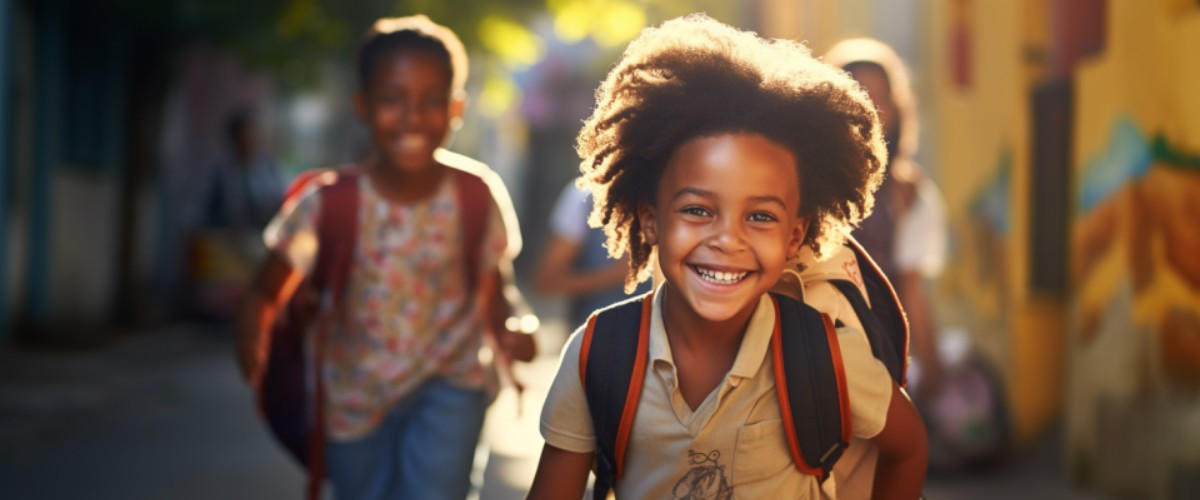Choosing the right education for your child is a conundrum faced by every parent. In South Africa, a land with a diversity of cultures and languages, this choice becomes even more crucial. With various options available – from public and private schools, home education to international baccalaureate, the decision can often feel like navigating through a maze. But fret not, as this post aims to guide you through the intricacies of the South African (SA) education system.
The SA Education Spectrum
In South Africa, we’ve got an array of educational options. On one end, there’s the traditional public school system, which follows the national curriculum and is generally subsidised by the government. Then, there’s the private school system, which might offer a national or international curriculum and tends to offer smaller classes and additional resources.
In recent years, we’ve seen a surge in the popularity of homeschooling, where parents or tutors take on the role of educators, utilising either a purchased curriculum or customising their own. And let’s not forget the international curriculum schools which offer a global education standard, perfect for those globe-trotting families.
Understanding Your Child’s Needs
To make the right choice, the first step is understanding your child’s unique needs. Are they academically inclined, or do they have a knack for sports or arts? Are they independent learners, or do they need more guidance? Once you’ve figured out their learning style, strengths, and interests, you’re one step closer to finding the right educational fit.
The Public School Option
Public schools are governed by the South African Schools Act and follow the national curriculum, known as the Curriculum and Assessment Policy Statement (CAPS). These schools offer quality education, and in the spirit of Ubuntu, aim to build an inclusive society. They’re generally more affordable than private schools, but facilities and resources may vary, depending on the school’s location and funding.
The Private School Appeal
Private schools offer a more personalised approach, with smaller classes, and often, more extracurricular activities. They may follow the CAPS, Cambridge International Examinations (CIE), or the International Baccalaureate (IB). While private schools come with higher fees, they offer more resources and broader exposure.
The Rise of Homeschooling
Homeschooling provides a flexible learning environment, allowing the curriculum to be tailored to the child’s pace and interests. It’s gained popularity, especially amidst the COVID-19 pandemic. However, homeschooling demands a significant time and effort investment from parents or tutors, and the child may miss out on school-based social interactions.
International Schools: A Global Perspective
International schools, usually offering the IB or CIE, are excellent options for families who move around or want a globally recognised curriculum. They promote a diverse and inclusive environment, fostering international-mindedness. However, they are usually the most expensive option.
So, What’s the Best Choice?
There isn’t a one-size-fits-all solution when it comes to education. The best choice depends on your child’s unique needs, your family’s lifestyle, and your financial capabilities. Take time to research, visit schools if possible, and don’t be shy to ask plenty of questions. After all, education is a significant investment, not just in terms of money but also in shaping your child’s future.
South Africa’s rich tapestry of educational offerings makes it a land of opportunities. Whatever choice you make, remember that the journey of education is not just about academics but about nurturing a love for lifelong learning. Because, in the grand scheme of things, it’s not just about making a living but about making a life.








